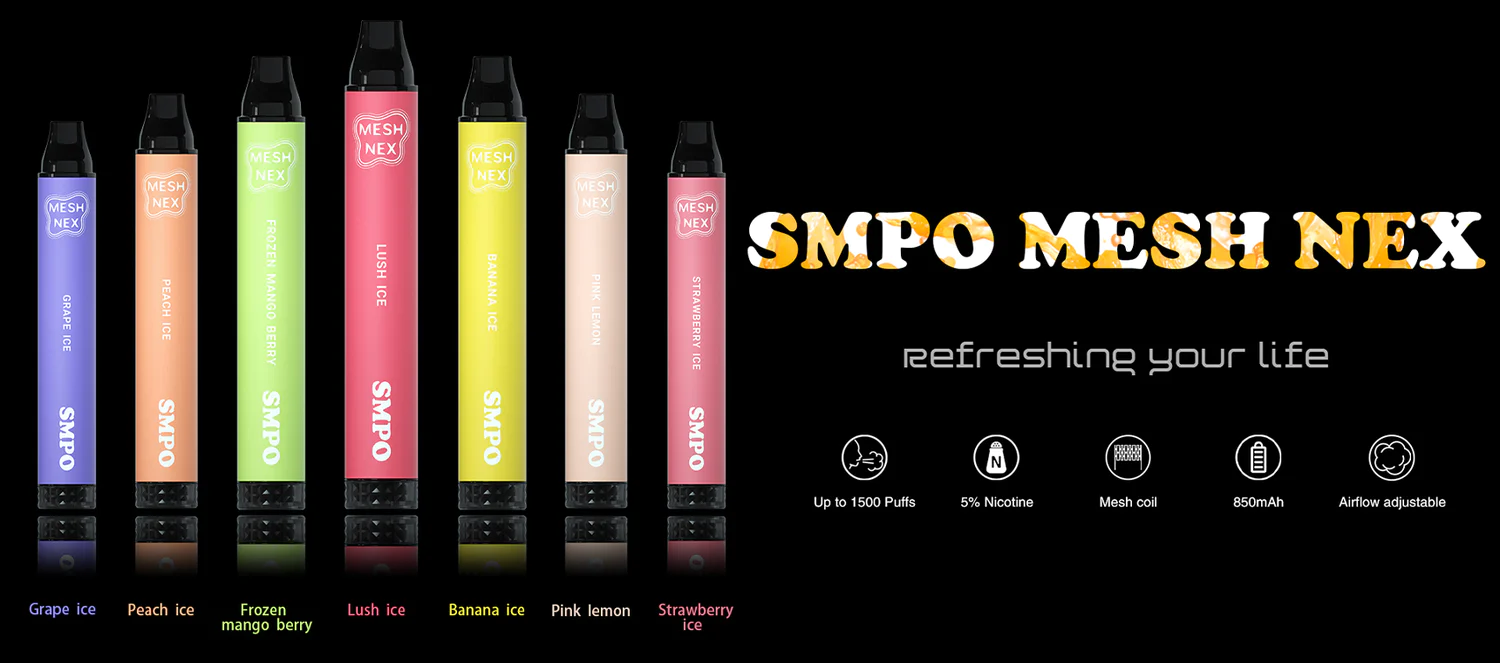Ethical Considerations During Restaurant Inspections

Dining out at a restaurant is an experience that many people look forward to. Whether it’s a special occasion or a casual meal, customers expect to be served food that is not only delicious but also safe to eat. Restaurant inspections play a crucial role in ensuring food safety and the overall quality of the dining experience. However, conducting these inspections involves ethical considerations that are often overlooked. In this article, we will explore the ethical dimensions of restaurant inspections and why they matter for proper restaurant operations management.
Public Trust and Health
One of the primary ethical considerations during restaurant inspections is the need to protect public health and safety. Restaurants serve a wide range of customers, including vulnerable populations such as children, the elderly, and individuals with compromised immune systems. A breach of food safety standards can have severe consequences, leading to foodborne illnesses, hospitalizations, and even deaths. Therefore, inspectors must approach their duties with a strong sense of responsibility to safeguard public health.
Transparency and Accountability
A restaurant inspection demands transparency and accountability from all parties involved. Inspectors must ensure that they are unbiased in their assessments and report their findings accurately. They should not be influenced by personal biases, relationships with restaurant owners, or external pressures. Any conflicts of interest must be disclosed and managed appropriately to maintain the integrity of the inspection process.
Likewise, restaurant owners and staff should be held accountable for their actions. If violations are identified, they must be addressed promptly and rectified to prevent harm to customers. It is essential for both inspectors and restaurant operators to prioritize the well-being of patrons over any other concerns.
Consistency and Fairness
Consistency is another critical ethical consideration during restaurant inspections. All restaurants, regardless of their size or reputation, should be subject to the same standards and scrutiny. Inspectors must avoid favoritism and treat every establishment fairly. Inconsistent enforcement of regulations can lead to public distrust and accusations of discrimination.
To achieve fairness, inspectors should also provide clear guidelines and explanations of violations to restaurant owners. This empowers businesses to make necessary improvements and avoid future violations. It is essential that the inspection process is seen as an opportunity for continuous improvement rather than punitive action.
Privacy and Respect
Respecting the privacy of restaurant owners and their staff is vital during mystery shopping restaurants for inspections. While inspectors have a duty to access certain areas of the establishment, they must do so while minimizing disruption and respecting the dignity of those working there. It is essential to strike a balance between thorough inspections and the rights of the restaurant’s employees.
Additionally, inspectors should maintain confidentiality regarding their findings, ensuring that sensitive information is not shared with the public or competitors. Leaking inspection results can harm a restaurant’s reputation unfairly, potentially leading to financial losses or even closure. Visit Naa Songs to find out more information
Education and Collaboration
Finally, an ethical restaurant inspection should prioritize education and collaboration over punitive measures whenever possible. Instead of solely focusing on issuing fines or penalties, inspectors should work with restaurant owners to help them understand and implement necessary improvements. Providing guidance and resources can be more effective in achieving compliance and protecting public health.





